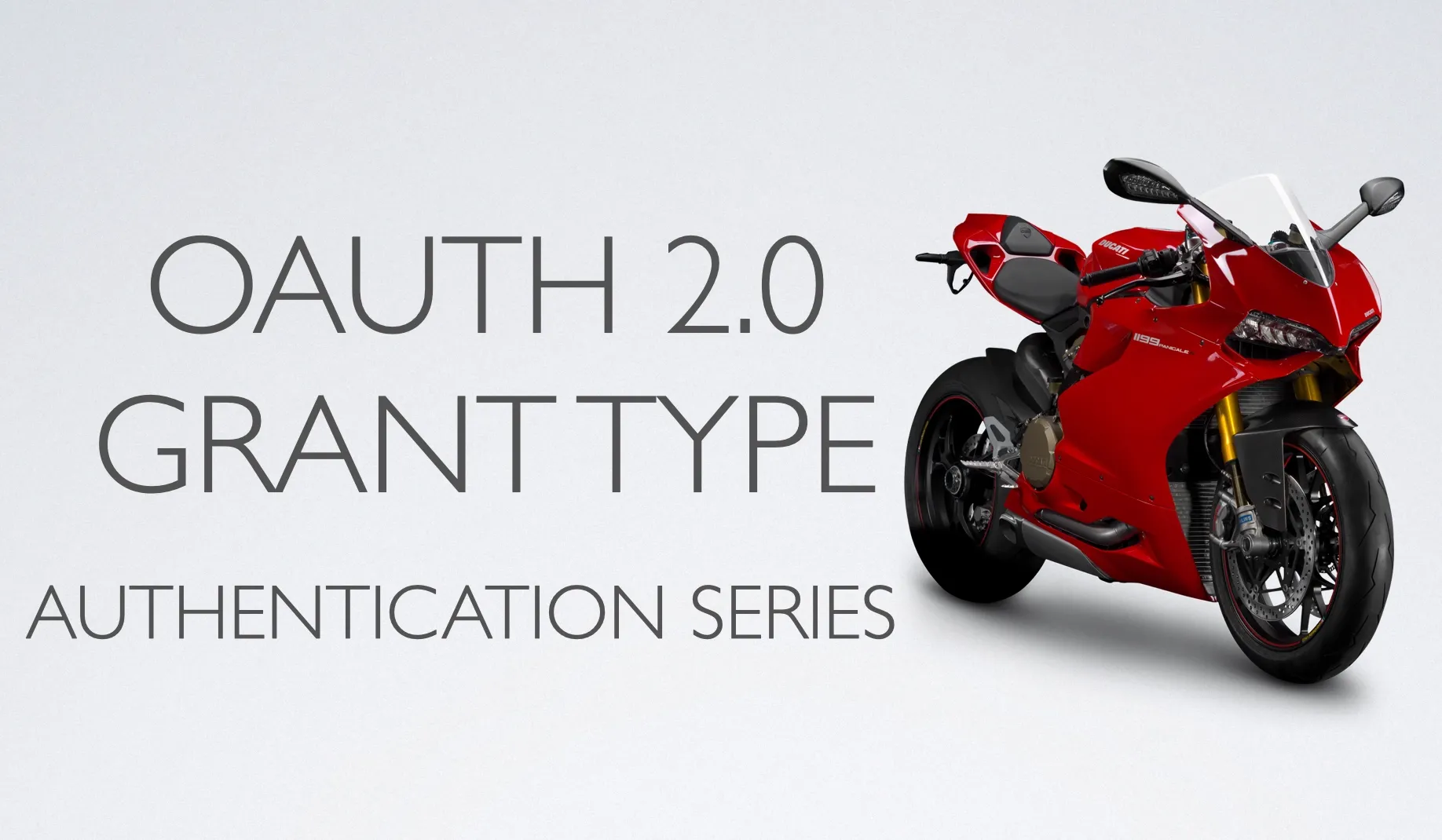
# OAuth 2.0 Grant Types
Table of Contents
List of Grant Types
Below is a table summarizing the different grant types in OAuth 2.0 along with brief descriptions and recommendations regarding their use:
| Grant Type | Description | Recommendation |
|---|---|---|
| Authorization Code | The most commonly used flow in OAuth 2.0. It involves the exchange of an authorization code for an access token. Suitable for server-side web applications and confidential clients. | Recommended for web applications and confidential clients. |
| Implicit | Designed for user-agent-based clients (e.g., browser-based JavaScript applications). Access token is returned directly to the client without an authorization code exchange. | Deprecated due to security concerns. |
| Resource Owner Password Credentials | Allows the client to exchange the user’s username and password for an access token directly. Generally discouraged due to security implications and lack of federation support. | Not recommended unless unavoidable legacy scenarios. |
| Client Credentials | Enables clients to directly exchange client credentials (client ID and client secret) for an access token. Typically used for machine-to-machine communication. | Recommended for machine-to-machine communication. |
| Refresh Token | Allows clients to request a new access token without requiring the user to re-authenticate. It’s not a grant type but rather a mechanism for obtaining new access tokens. | Recommended for long-lived sessions and offline access. |
It’s important to note that while some grant types may be deprecated or discouraged due to security concerns or lack of use cases, their applicability can vary based on specific requirements and use cases. However, it’s generally recommended to adhere to best practices and use the authorization code flow whenever possible for enhanced security and flexibility.
Is PKCE A Grant Type?
No, PKCE (Proof Key for Code Exchange) is not a grant type in OAuth 2.0.
Instead, PKCE is an extension to the OAuth 2.0 authorization code flow, designed to enhance security, particularly in scenarios where the client secret cannot be reliably stored, such as mobile or native applications.
In the OAuth 2.0 authorization code flow with PKCE, the core grant type remains the “Authorization Code” grant type.
PKCE introduces additional security measures during the authorization code exchange process by utilizing a dynamically generated secret (the code verifier) and a hash-based challenge (the code challenge). This mechanism helps mitigate certain security risks, such as authorization code interception attacks.